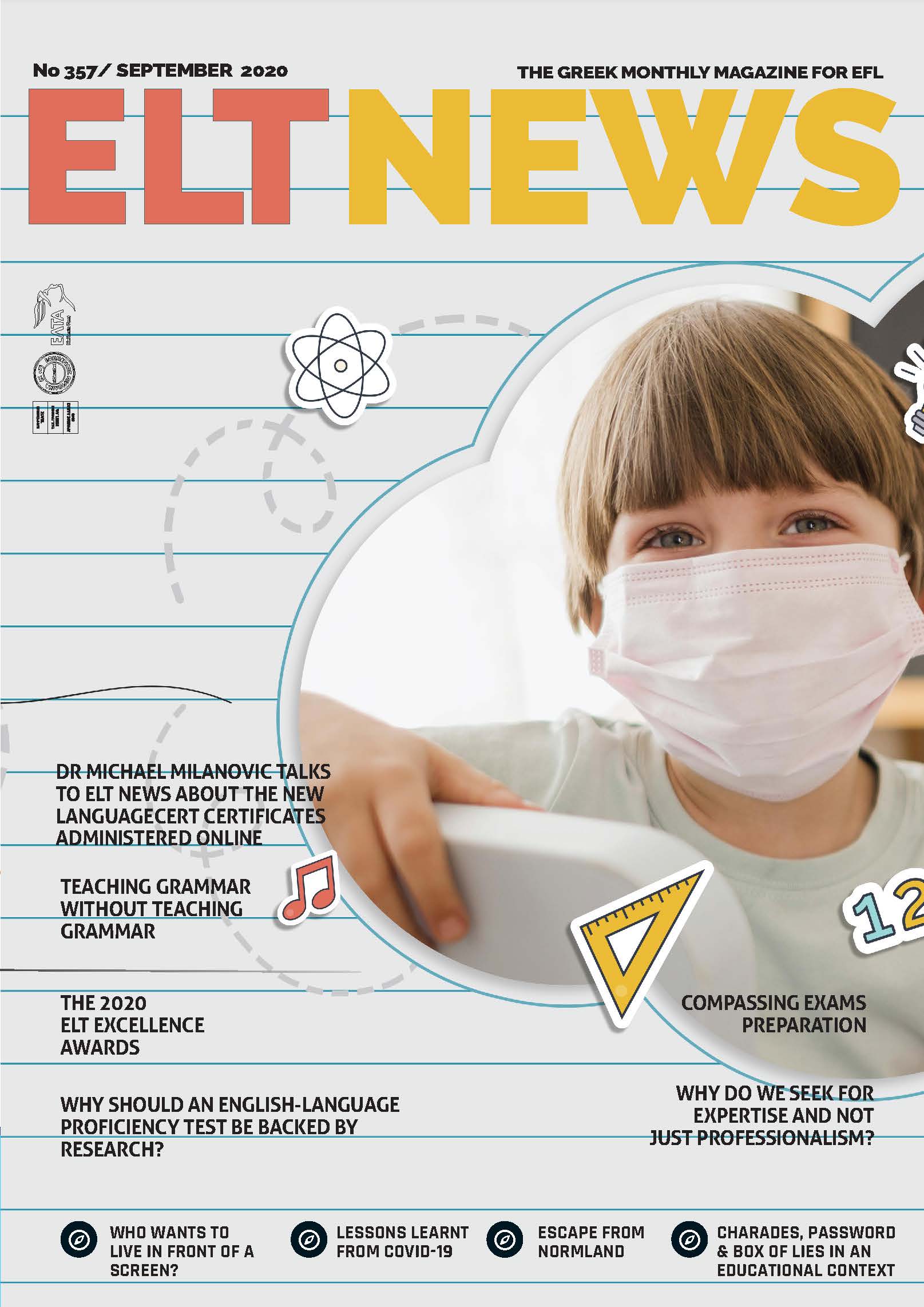Editorial: Learning new stuff and master new skills is unavoidable
We all want to acquire new skills and master new material more easily and with less angst. There is the sheer joy, the feeling of satisfaction, and the sense of achievement in mastering something. And we hate to feel overwhelmed, stupid or frustrated because things don’t seem to come together well enough or quickly enough.
The key to mastering a new skill lies in how we approach it. We might, for instance, try harder and push harder – often doing the same things with even more intensity and urgency. Yet as we press harder, we tend to get in our own way. Sometimes it’s the pressure of work or finances or what others think. Sometimes it’s the sheer frustration of not “getting it.” Sometimes it’s just the fact that the world is moving so fast and we naturally want to move fast with it.
Yet having to learn new stuff and master new skills is simply unavoidable, particularly in such a volatile world. Jobs change. New technologies are added. People move. Crises come and go. New opportunities suddenly drop in unannounced. So how, precisely, do we acquire those new skills and ways of being in the world that call for our attention?
It is now easy to find a huge amount of information on how to learn. Just Google “how to learn.” Learning has been the primary survival process ever since people have walked the earth because each and every one of us has to learn many things in order to survive and thrive. In addition, every self-help book, instruction manual, YouTube demonstration video and instructional website offers guidance of some sort about specific skills, ranging from cooking to communication skills, and from improving relationships to building 3-D printers.
So my question became, not what do most of these resources offer, but what do most of them miss. After all, if learning is universal and basic, why is it so often confusing, and so difficult? We’ve all experienced courses that have left us needing more, self-help books and programmes that don’t really seem to help, skills that we have practiced and yet, for some reason, don’t seem to work in the real world.
Are there tools, hints, strategies, ways of learning that can supplement what others have contributed? Is there some fertilizer we can add to make the learning process more powerful and satisfying?
Surely it’s worthwhile to spend a little of our time, money and effort on learning how to learn more effectively, on improving and enhancing the most basic skill of all.
Most people are not aware of the huge amount of research on learning, teaching, and coaching.
I’ve been taught, trained, coached, mentored, guided and shown the ropes in a host of ways, and have fallen flat on my face more times than I care to count. But I kept climbing back up – and I’ve learned a lot! That’s all been stirred into the research and baked over time.
I know that there is a sense of urgency almost everywhere; people seem to demand results overnight and change in mid-flight. I’ve been exposed to the almost paralyzing demand for raising test scores quickly, to the angst about getting a team to perform better, to the pursuit of short-term profit in lieu of long term profitability. Sometimes this is legitimate. For the most part, rushing is a great way to trip over one’s own feet.
Remember that there is a huge difference between being in a hurry and getting good results quickly. The basic truth is that learning takes time and there is a progression from simple to complex, from concrete to abstract. That’s why giving yourself the right sort of time in the short term saves so much time in the long term.
The indispensable core point is that the body, brain, and mind function as a whole system. Every single part of us – yes, including our organs, the ways that we move and breathe, and our emotions – impact learning.
The central point to understand is that learning is neither a mechanical nor simply an intellectual process. It is partly like what happens in a chemical factory – or in the complex and messy dynamic inside each one of us as we digest a meal. All the parts of the system play a role; the mental part of it is in a constant interactive dance with physical movement, emotional energy, and the ongoing connections with other people and the larger world.
